With the annual number of newborns in China projected to continue falling, medical experts have called for measures to boost female fertility, such as stepping up research into the issue, developing more assisted-reproduction tools and improving awareness about reproductive health.
Qiao Jie, an academician with the Chinese Academy of Engineering and head of Peking University's Health Science Center, said that the annual number of new births in China has slipped about 40 percent in the past five years.
Data shows that the Chinese mainland recorded 9.56 million newborns last year, compared with 12 million in 2020 and 17.86 million in 2016. Experts said the falling number of new births is a major factor contributing to the historic population decline recorded last year.
"It is estimated that the number of newborns this year will be around seven to eight million," Qiao said during an academic conference this week. "At present, boosting the fertility of women is a focal point of raising overall birthrates."
However, she said the status of Chinese female fertility is "concerning", and is the result of the shrinking number of women of reproductive age, the increasing incidence of infertility and high incidence of abnormal pregnancy.
She called for ramping up research into biological explanations for impaired fertility and developing tools for improving and preserving fertility.
It is also important to create more domestic equipment for reproductive treatments and to dedicate more efforts to reducing the hefty fees of related medical procedures.
Lu Qun, a doctor at the Beijing Chaoyang Hospital affiliated to Capital Medical University's fertility center, said that the most suitable time to get pregnant is between 22 and 28 years old and it is best to have babies before the age of 35.
"Women's fecundity begins declining at age 32 and decreases more rapidly at age 37. It is rare to get pregnant after 45," she said.
But in China, younger people tend to delay marriage and subsequently childbearing plans.
Feng Wenmeng, a researcher at the Development Research Center of the State Council, said that the average age of first marriages in China rose from 23.6 years in 1980 to over 28.6 in 2020, and the number is expected to rise even higher in the future.
"With the rising age of first marriages, the potential of fertility treatments is great," he said. "It is important to recognize the role of fertility treatments in helping realize long-term population development goals."
Citing data from the World Health Organization and recent surveys, Feng said that about one in seven couples across the globe have fertility issues. In China, the number of couples affected by infertility is rising and now accounts for 12 to 18 percent of the total.
While advancing treatments and technologies, he noted that it is essential to attach significance to ethical concerns and risks involved with some associated procedures.
Lu, the fertility doctor, said: "Worldwide, the public's knowledge of fertility is low. People tend to be overly optimistic about the outcomes of assisted reproductive technologies, but overlook the economic and time costs involved in such procedures."
Lu suggested strengthening education on fertility health, so as to help young people make appropriate fertility plans and decisions and reduce the incidence of infertility.








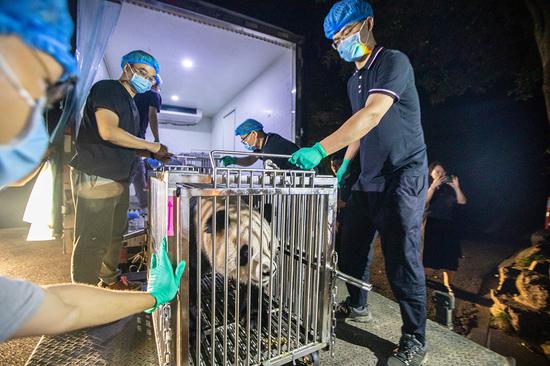


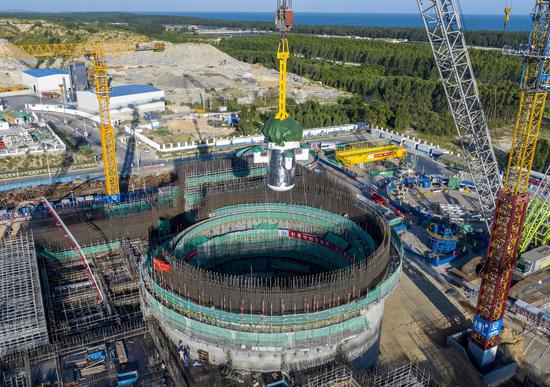

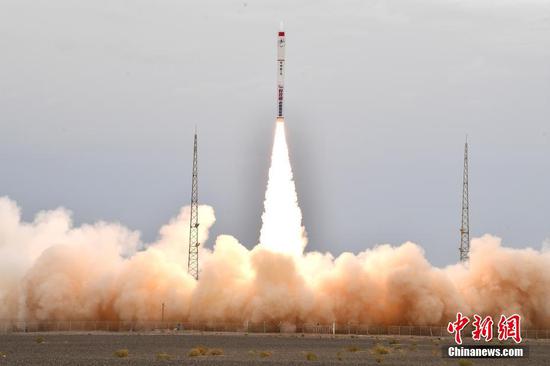

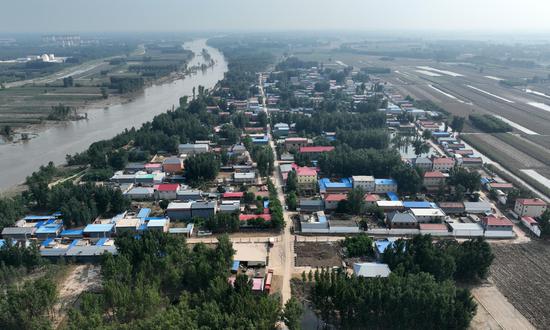






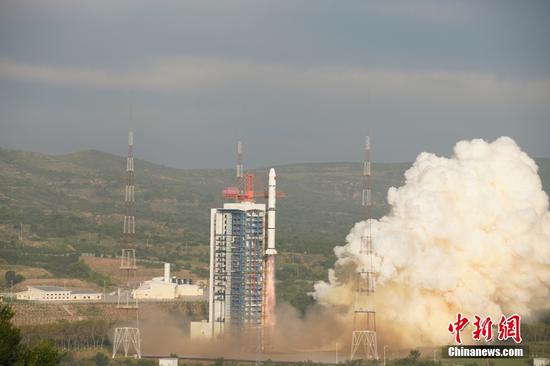


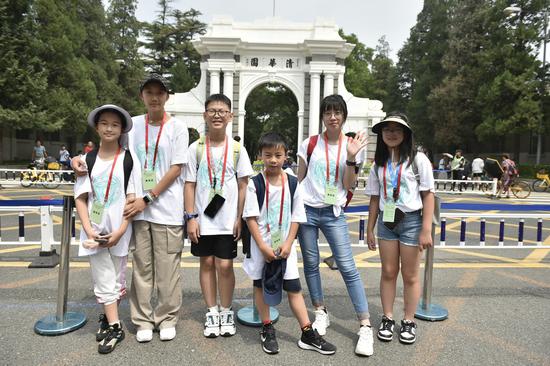

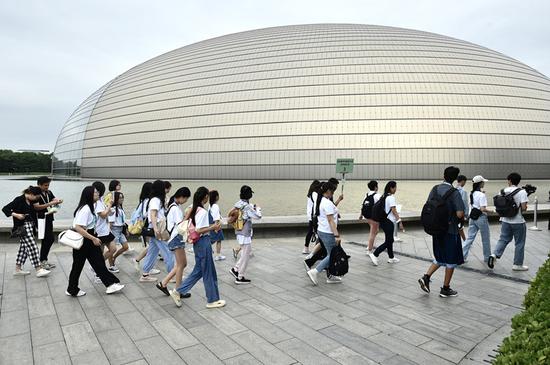

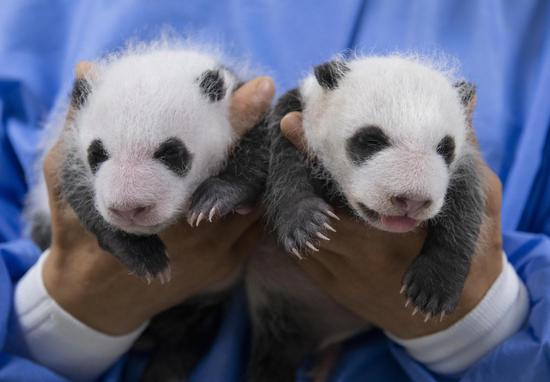
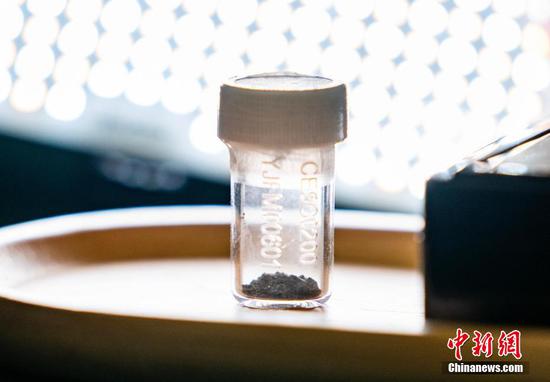



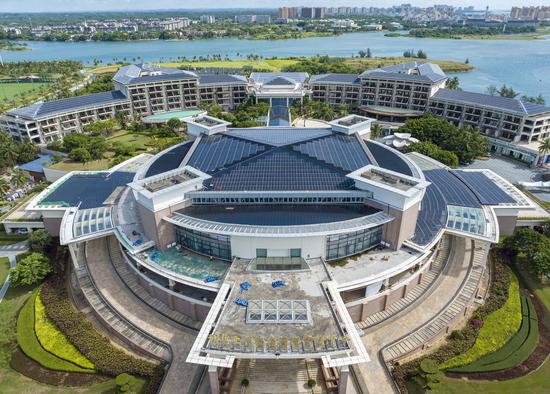
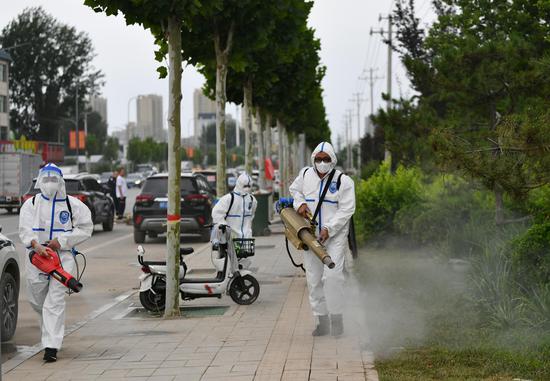







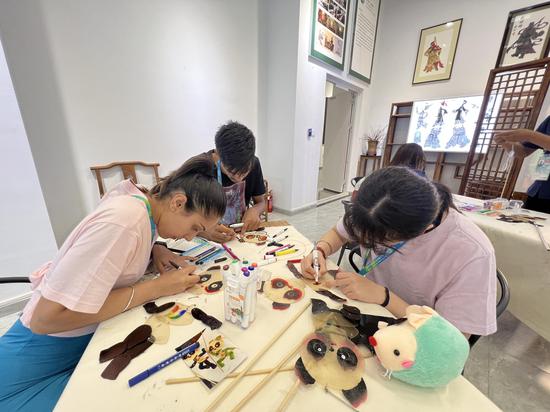






 京公网安备 11010202009201号
京公网安备 11010202009201号